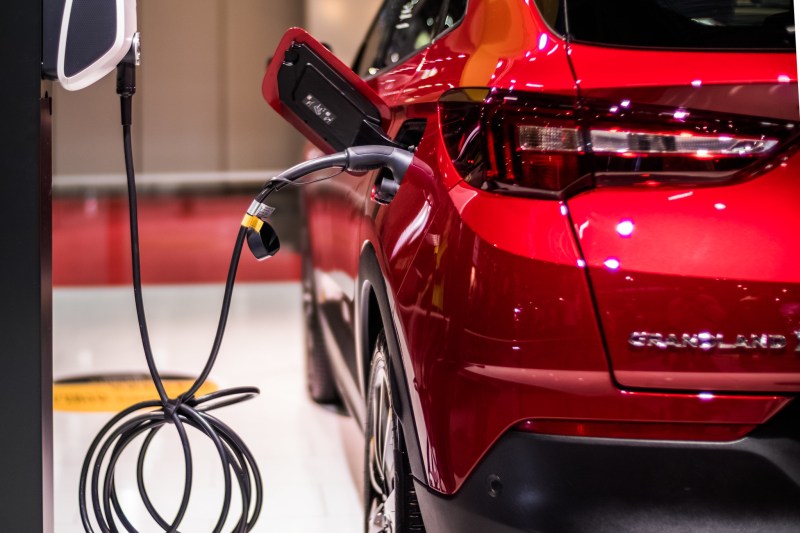Have high gas prices or environmental concerns got you considering switching from gas-powered to electric vehicles? Consumer Reports found that comparing electric vehicles and traditional cars, EVs tend to be less expensive than their gas-powered cousins over the life of the vehicle. What is also true, however, is that electric cars can be more expensive upfront. This includes potentially higher insurance rates, more expensive parts/repairs, and higher state registrations. If you’re considering purchasing an EV, make sure to look into how much electric
Considering factors to hidden EV costs such as EV charger installation costs and questions like how much does EV charging cost? We’re taking a look at the real cost of EVs beyond the MSRP.
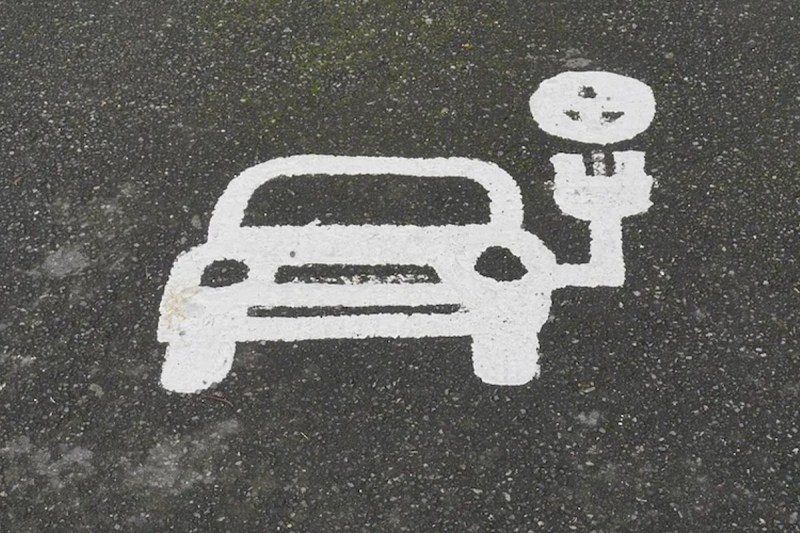
Electric vehicles cost more and prices are rising
A recent comparison by car shopping database iSeeCars showed that electric vehicle prices are rising — rapidly. According to research, EV prices showed a 54% increase from 2021 to 2022 while gas-powered cars rose only 10%. To assess this rise, iSeeCars analyzed over 13.8 million used car prices, comparing autos sold between January and July 2021 and purchased between January and June 2022.
Multiple factors are driving sticker prices up. A global chip shortage has led to huge production shortages industry-wide, sending retail costs through the roof. Higher gas prices have led to increased demand for EVs, which, according to basic economics, drives prices up.
Cox Automotive, the parent company of the auto price guide Kelley Blue Book, said the “average transaction price” for electric cars was $65,291 in September 2022. At the same time, gas-powered vehicles have an average transaction price of about $48,100. While costs might be cheaper over time, that’s a large upfront investment to earn those savings.
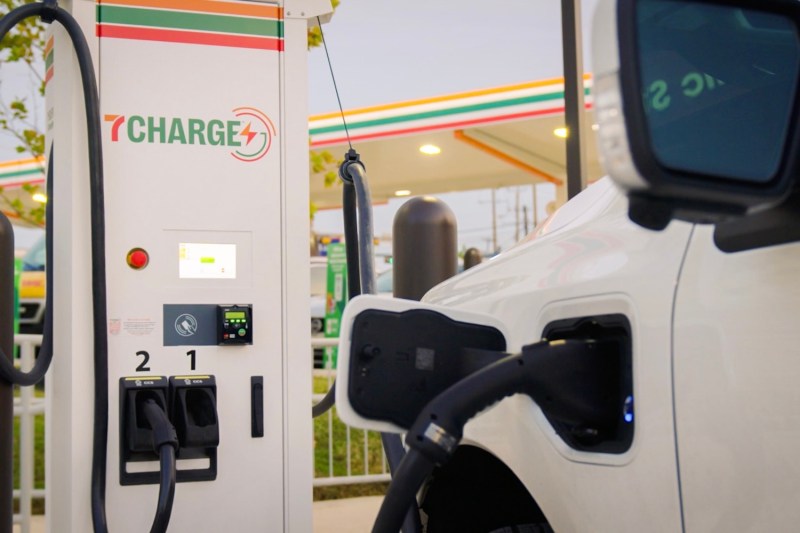
EVs depreciate faster
All cars lose value once you drive them off the lot — it’s just a fact of life. However, some studies have shown that electric vehicles depreciate faster than standard gas-powered
As with everything in life, there is an exception to this. While many EVs tend to lose value faster, Teslas have trended in the opposite way, with the Model 3 holding its value much more than other EVs.
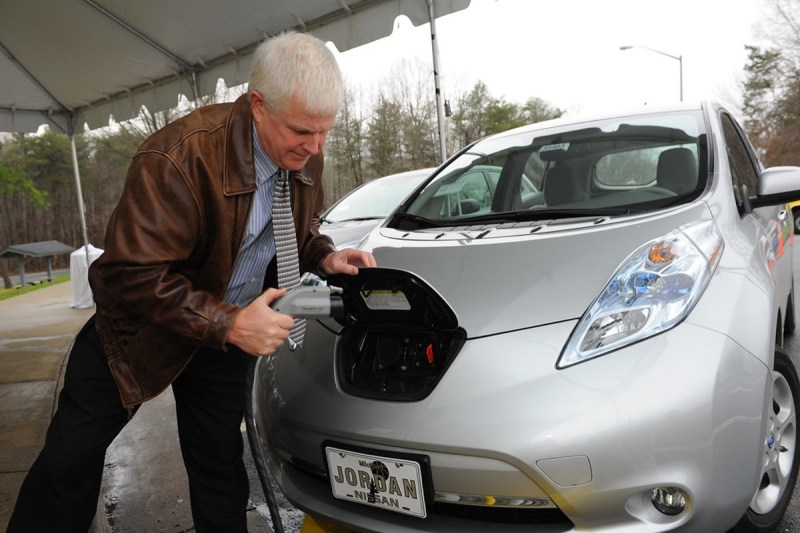
Higher insurance rates
MoneyGeek’s analysis of car insurance premiums for 17 current electric car models showed that EVs cost 15% more to insure than internal combustion engine (ICE) vehicles. In comparing corresponding EV and gas car types, this research showed a 6% to 40% increase in cost. Furthermore, 15 of 17 EV model insurance rates were above a comparative national average.
As to why EVs have higher insurance rates than ICE cars comes down to technology. Electric vehicles contain more high-tech parts — sensors, expensive computers, and performance elements. These additional components used in EVs also cost more upfront than the ones in their gas peers. Crashing or otherwise damaging the surface or insides of electric rides is simply going to be more expensive to fix, making them more expensive to insure.
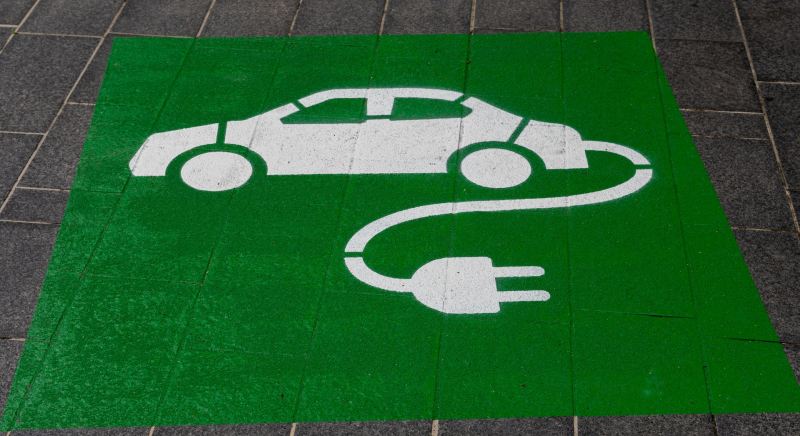
Higher registration fees
States assess gas taxes to help pay for road repairs and infrastructure issues made necessary from constant road use. Fully electric vehicles don’t require fossil fuels to operate, however, allowing EV owners to skip out on these taxes.
As a result, some states have tacked on supplemental registration fees for electric vehicles to compensate for the lost revenue. According to the National Council of State Legislatures, 31 states charge a special registration fee for plug-in EVs, and 18 states also charge extra for plug-in hybrid vehicles. Registration fees range from as low as $5State Legislature0 annually in Colorado, South Dakota, and Hawaii, to $225 more for EVs in Washington. The purpose of this tax is not only to keep roads rolling but also to serve as an investment in future EV infrastructure. Washington uses $75 of its fee assessments to build out its charging network; Alabama uses $50 out of its $200 annual fee for expanding the charging network in the state.
These extra expenses are projected to grow over time. Several states have set registration fees to increase along with inflation-related metrics to offset the diminishing purchasing power of gas taxes.
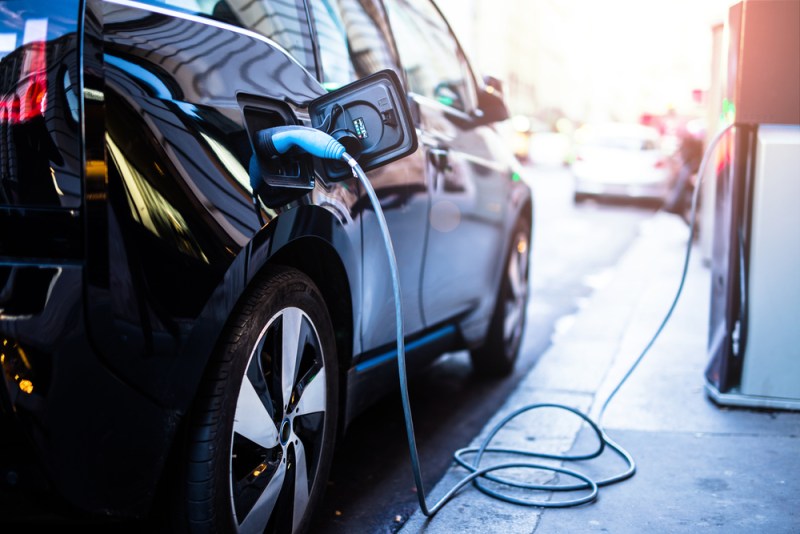
Charging time opportunity costs
While super-fast EV battery charging is not too far down the road, it still takes an average of 15–30 minutes for EVs to charge at their quickest clip. That’s already much longer than a typical trip to the pump. EV owners charging via a Level 1 port (e.g., a typical household plug) might have to wait from six to 12 hours to get batteries up to desired power levels.
Drivers who plan to use EVs for long commutes might lose valuable hours waiting for cars to charge. At the least, owning an electric vehicle requires time to plan how and when
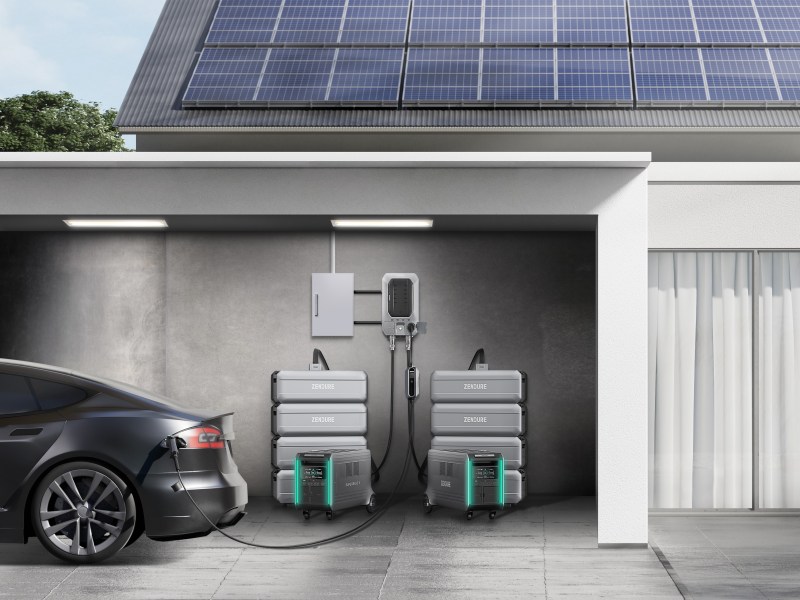
Home charging stations
One solution to long charging waits is to install a home battery charger. Level 2 chargers are 10% more efficient than Level 1 models, which tacks on about four times more miles per charging hour. Level 2 home chargers not only require less time to get a battery to a full charge, but they also decrease electricity bills with fewer power units consumed. While this is a great way to quickly juice up, high-speed chargers are not cheap. They range from $350 to $950 on Amazon. Subsequent home setup is also expensive, typically costing homeowners at least $1,000 for a certified installation.
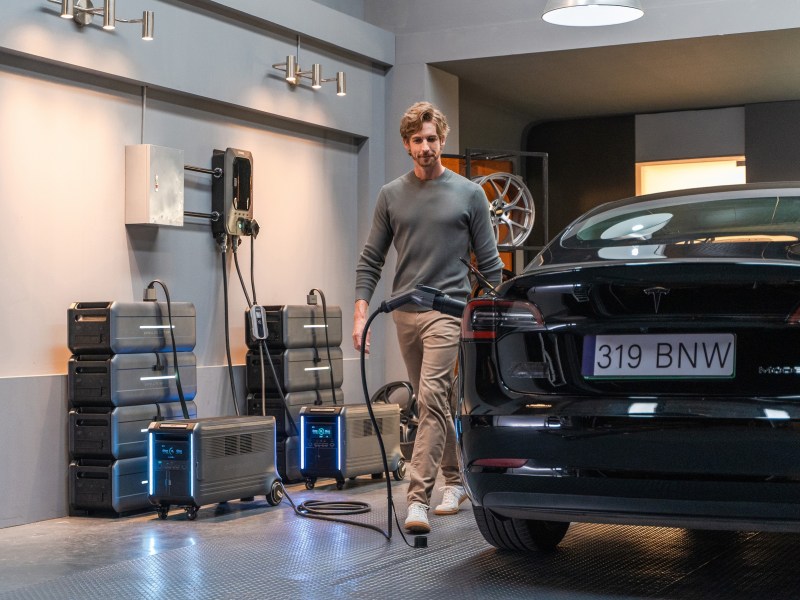
Expensive battery replacement
According to Auto Week, every EV purchased in this country features a battery warranty “that extends to at least eight years or 100,000 miles.” Driving 10,000 to 12,000 miles per year means that new EV owners won’t have to worry about battery degradation for eight to 10 years. When they do, though, electric car drivers are in for a big bill — between $5,000 and $10,000, according to Consumer Reports.
Electric batteries degrade and drop capacity over time (just like cell phone or laptop batteries). Today, EVs lose about 2% of their range per year. After a battery gets to between five and 10 years old, this becomes noticeable. While mechanics can service EV batteries, at some point, the entire battery pack will probably need to be replaced.
As the federal government continues to incentivize domestic EV production, the EV market should only grow. One solution is to wait out expensive gas prices and supply shortages. The hidden EV costs outlined above should not necessarily inhibit EV buyers, but should inform them before making such an expensive, long-term investment.
